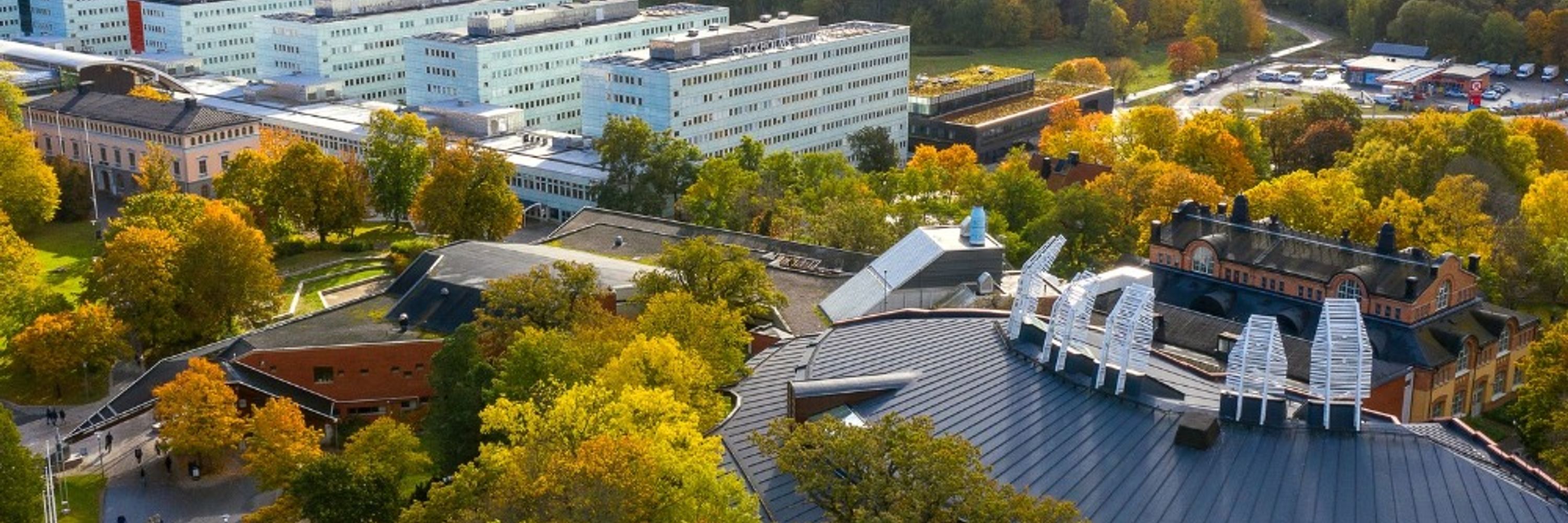
Demographer at Stockholm University and the Institute for Future Studies.
https://www.su.se/profiles/mkolk
www.dn.se/kultur/marti...

www.svd.se/a/K8ByE4/rel...

www.svtplay.se/video/KZmQoQ...

doi.org/10.1007/s111...





